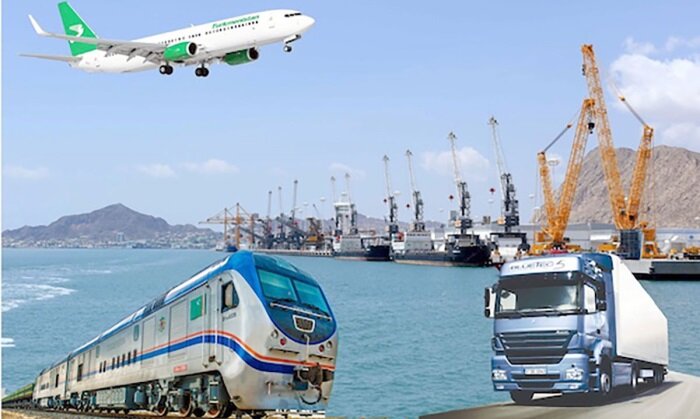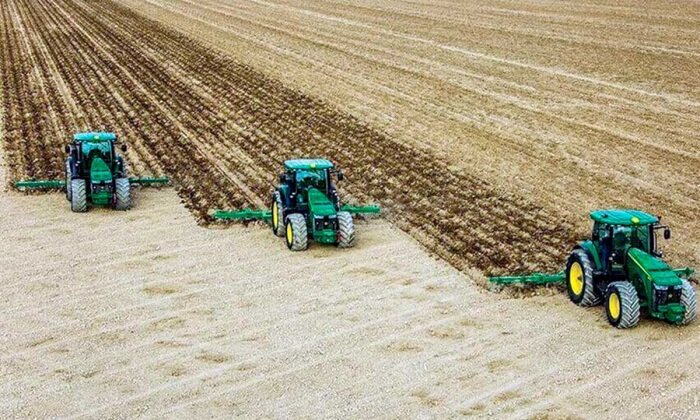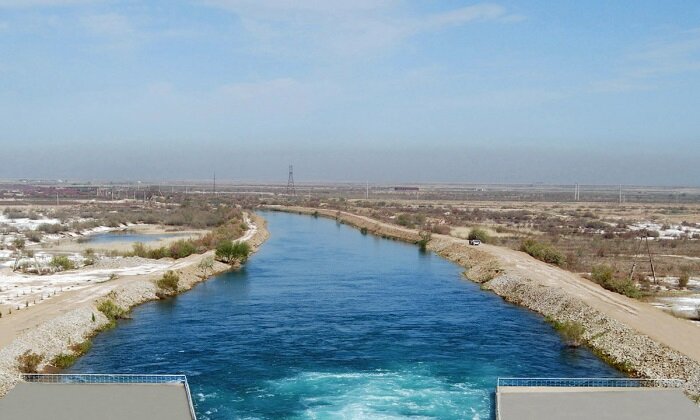 Weapons have become one of the hot issues discussed by experts and the media in Central Asia in the last couple of weeks. The news that Tajikistan allegedly intends to buy Turkish Bayraktar drones gave rise to discussions. In early May, the media reported that there would be no deal. However, everyone knows that “there is no smoke without fire”. The news about the purchase of the UAVs is of great concern to Kyrgyzstan. Moreover, Bishkek has bought Bayraktar drones.
Weapons have become one of the hot issues discussed by experts and the media in Central Asia in the last couple of weeks. The news that Tajikistan allegedly intends to buy Turkish Bayraktar drones gave rise to discussions. In early May, the media reported that there would be no deal. However, everyone knows that “there is no smoke without fire”. The news about the purchase of the UAVs is of great concern to Kyrgyzstan. Moreover, Bishkek has bought Bayraktar drones.
In the modern world, the concepts of “sales of weapons” and “ensuring the defence capability of the state” have long been channelled into the political arena. The editorial staff of CentralAsia.news requested that a political scientist of the Sfera Club Igor Dubovsky provide insights into the defence potential of the Central Asian states. Moreover, the expert described Turkey as a supplier of weapons. Without the political component, of course, has not done.
Budgets exist, but the military industry doesn’t
The Central Asia states were once part of the USSR. The Soviet Union did everything to strengthen its defence capabilities to gird for a confrontation with the West. The Soviet legacy continues to play a significant role in the context of the defence capability of the independent republics.
“When assessing the defence capacity of the Central Asian states: Kazakhstan, Kyrgyzstan, Uzbekistan and Tajikistan, then it can be described as more or less sufficient to perform local combat missions. All the weapons that these states possess today are the vast majority of military equipment that remained after the collapse of the USSR and the withdrawal of Soviet troops from Afghanistan,” the expert noted.
Later on, weapons were often delivered within the CSTO. However, it is impossible to say exactly what state military equipment is in, some of which was made in the USSR.
“It is difficult to say to what extent military equipment can be considered ready for immediate use. Some of military equipment may require repair, some is conserved. For example, Tajikistan is not a rich country and cannot afford to maintain a large and active army,” Dubovsky said.
The expert reminded about the recent bulletin of the Military Balance of the International Institute for Strategic Studies. Its authors reported on 220,000 servicemen in the Central Asian states. Kazakhstan and Uzbekistan have the largest armies. These states spend more than others in the region on military needs.
Igor Dubovsky emphasised that in fact the Central Asian states do not have the full-fledged military industry. They have to depend on foreign partners. This just leads to weapon sales to them becoming an element of politics.
“For 30 years, certain types of equipment have been donated to some states as assistance. This is explained particularly by the desire to establish political, economic and military influence in the region, ousting Russia with its interests,” the expert said.
Weapons are a proponent of the interests
In this context, the political scientist reminded that sometimes even the sovereignties of states are influenced by major suppliers of weapons. After all, this is not about sales of howitzers and tanks, but about full servicing: equipment, spare parts, repairs and ammunition.
Turkey is trying to gain a foothold in the arms market in Central Asia. Of course, everything rests on history and politics. Now, this activity is disguised as the idea of the Great Turan.
“Turkey, like the Ottoman Empire, was created by Britain as a threat to Russia on the south. These political formations have never performed any other function. Now, Turkey, together with all the demonstration by President Erdogan of some kind of sovereign policy up to the idea of the Great Turan, is nothing but a design state, the tool of Great Britain,” the interlocutor shared his opinion.
In his opinion, the sales of Turkish drones are a good way to exert influence on other countries. Since these are the technically advanced weapons that have been used in the CIS and have gained some reputation.
Igor Dubovsky reminded that Ankara is trying to “strap on” Kyrgyzstan and Tajikistan by weapons, taking advantage of the difficult relations between these two states.
The expert added that Kazakhstan purchases the largest quantities of weapons among the Central Asia states. Weapons are imported from Russia. As for the other Central Asian states, their budgets are mainly enough to maintain combat readiness of their armies and military equipment.





